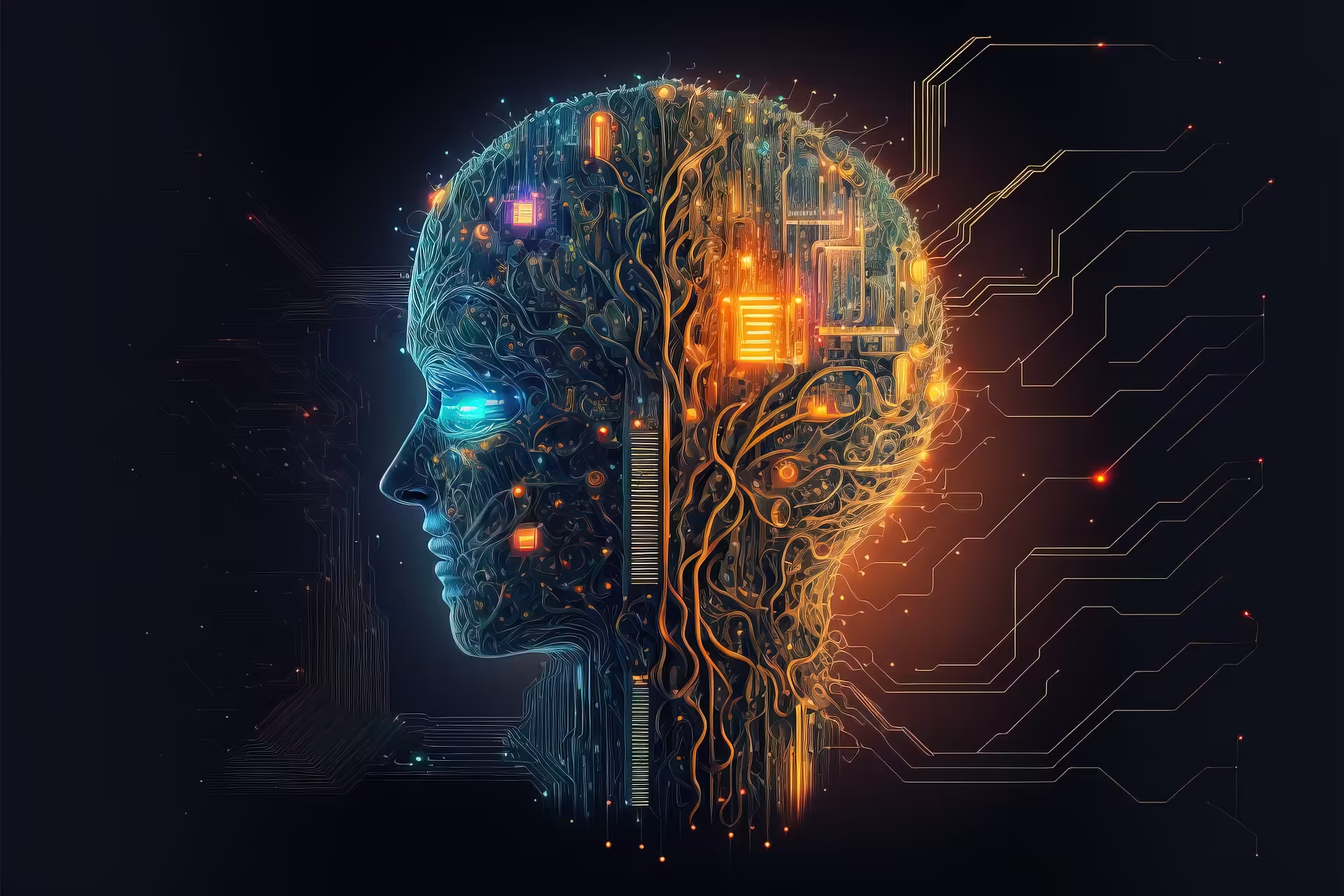Potential Benefits of Using AI in Customer Service
1. Increased Efficiency and Productivity
Automation of Routine Tasks: AI can handle repetitive tasks like answering common questions, processing orders, and categorizing support tickets, allowing human agents to focus on more complex issues.
-Faster Response Times: AI-driven tools like chatbots provide instant responses, reducing wait times and improving customer satisfaction.
2. Cost Savings
Reduced Operational Costs: By automating customer support processes, companies can lower the costs associated with hiring and training large teams of customer service representatives.
Scalability: AI allows businesses to scale their customer service operations without a corresponding increase in costs, handling large volumes of inquiries during peak times or as the business grows.

3. Personalization
Tailored Interactions: AI can analyze customer data to offer personalized recommendations, solutions, and support, leading to a more engaging and satisfying customer experience.
Predictive Support: AI can anticipate customer needs and proactively address issues before they arise, enhancing customer loyalty.
4. Consistency and Accuracy
-Standardized Responses AI ensures consistent and accurate responses across all customer interactions, reducing the risk of human error.
-Data-Driven Decisions AI tools use data analytics to provide insights that can lead to more informed decisions, improving overall service quality.
5. 24/7 Availability
-Continuous Support: AI-powered systems like chatbots and virtual assistants can provide support around the clock, catering to customers in different time zones and ensuring that help is always available.
6. Improved Customer Insights
Data Analysis: AI can analyze large volumes of customer interaction data to uncover trends, preferences, and areas for improvement, enabling businesses to optimize their products, services, and support strategies.
Sentiment Analysis AI tools can gauge customer sentiment from interactions, helping businesses understand and respond to customer emotions more effectively.
Challenges of Using AI in Customer Service
1. Limited Understanding and Flexibility
Complex Queries:While AI is good at handling routine tasks, it may struggle with more complex or nuanced queries that require human judgment, empathy, or creative problem-solving.
Contextual Understanding AI may misinterpret queries due to a lack of context or understanding of the subtle nuances in human language, leading to incorrect or irrelevant responses.
2. Customer Frustration
Impersonal Interactions Some customers may find interacting with AI to be impersonal and frustrating, particularly if the AI fails to understand their needs or provide adequate support.
Limited Escalation Options:** If AI systems don’t seamlessly escalate issues to human agents when needed, customers may feel stuck or abandoned by the service.
3. Integration Challenges
-Technical Complexity: Integrating AI into existing customer service systems can be technically challenging, requiring significant investment in technology and expertise.
Data Integration:AI relies on data from various sources, and integrating this data into a unified system can be difficult, especially if the data is siloed or in incompatible formats.
4. Data Privacy and Security
-Data Sensitivity: Using Ai systems require access to customer data to function effectively, raising concerns about data privacy and the potential for misuse or breaches.
-Compliance with Regulations: Companies must ensure that their AI systems comply with data protection regulations like GDPR, which can be complex and costly to implement.
5. Bias and Fairness
Algorithmic Bias: AI systems can inadvertently perpetuate biases present in the data they are trained on, leading to unfair treatment of certain customer groups.
Ethical Considerations: Businesses must consider the ethical implications of using AI in customer service, particularly in how decisions are made and how customers are treated.
6. Dependence on Technology
Over-Reliance on Using AI: Relying too heavily on AI can lead to a reduction in the human touch that is often crucial in customer service, particularly in situations requiring empathy or nuanced communication.
System Failures Technical glitches, software bugs, or outages in AI systems can disrupt customer service operations, potentially leading to a negative customer experience.

7. Training and Maintenance
Continuous Learning: Using AI systems require ongoing training and updates to stay relevant and effective, particularly as customer needs and business environments evolve.
Maintenance Costs Maintaining and updating Using AI systems can be costly, particularly for smaller businesses that may not have the resources for continuous AI development.
Conclusion
AI offers significant benefits in customer service, including increased efficiency, cost savings, and improved personalization. However, businesses must navigate challenges related to understanding complex queries, integrating Using AI with existing systems, ensuring data privacy, and addressing potential biases. Balancing AI’s capabilities with the need for human empathy and judgment is key to successfully leveraging AI in customer service.
